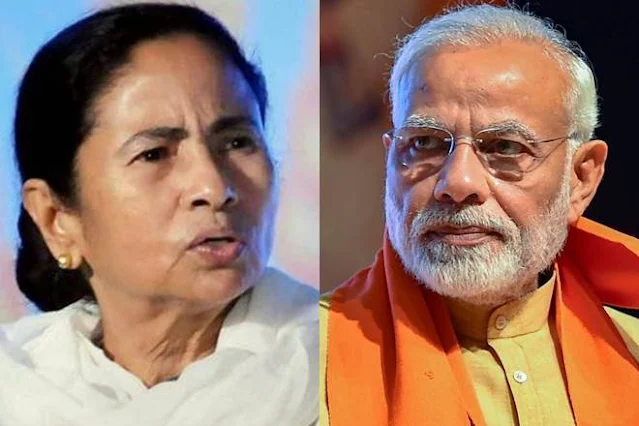Rabindranath Tagore once remarked that “the modern Indian looks to the government for aid in everything.” This aid-based democratic politics has only intensified over time, even after 75 years of independence. Is this what we call “the conceit of the largest democracy”? Populism, as a political phenomenon, is paradoxical—it is both inherently authoritarian and inherently democratizing. It is democratizing in the sense that its attempts to create a singular people out of society’s endless heterogeneity never fully succeed. Yet, the very effort to construct such unity defines the political articulation of social identities.
In Indian democracy, competitive populism has become a defining feature of daily politics. It occurs when political parties vie for votes by promising immediate economic relief, often in the form of subsidies, social welfare programs, or tax cuts. This approach offers (i) short-term economic stimuli, such as quick relief measures like subsidies, tax cuts, and increased public spending; (ii) voter-centric policies; and (iii) increased government debt.
Today, competitive populism dominates the political landscape, shifting the focus of development politics from long-term growth to immediate relief for the masses. Over the past few years, development strategies have prioritized short-term relief services, while sustainable development remains largely theoretical—a vocal strategy that often serves as mere eyewash. Election agendas are now limited to promises of relief or assurances of handouts. For many in India, particularly the economically disadvantaged, such handouts have come to be seen as a right.
For instance, schemes like “Laxmi Bhandar,” which provide direct cash transfers to women above 18 years of age from poor and backward communities, have gained popularity across political parties, whether in power or in opposition. While the names and amounts may vary from state to state, the underlying strategy remains the same. Political parties in India’s multi-party democracy have recognized that women voters are game-changers in elections. Today, female voters constitute nearly half of the total electorate (96,88,21,926 as of 08.02.2024).
However, the ruling parties often fail to address critical issues such as violence against women, their real empowerment, and equal justice. According to the Georgetown Institute for Women, Peace, and Security, India ranks 128th out of 177 countries in terms of women’s inclusion, justice, and security. Recent data from the National Crime Records Bureau (NCRB) reveals that the rate of crimes against women in India (calculated as crimes per 100,000 of the female population) increased by 12.9% between 2018 and 2022. In 2022, the reported crimes against women stood at 66.4 per 100,000 women, compared to 58.8 in 2018. This stark reality underscores how political parties often treat voters as mere consumers or beneficiaries of democracy, rather than as active participants in shaping the nation’s future.
The embrace of populism, fused with authoritarian and majoritarian ideas, has failed to deliver on its promises of job creation and other immediate needs for the majority of the population. Unemployment rates remain alarmingly high, particularly among younger voters. As many as 42% of graduates under 25 are currently out of work. A recent report by Nitin Kumar Bharti, Lucas Chancel, Thomas Piketty, and Anmol Somanchi for the World Inequality Lab (2024) reveals that the top 1% of India’s population accounts for 23% of all income and 40% of the nation’s wealth. This represents the highest level of income concentration since 1922.
Relief-based policies, while providing short-term benefits, often make people more dependent on the government and foster a culture of opportunism. Without a conscious and informed electorate, this cycle of dependency and suffering may persist indefinitely, allowing political parties to exploit it for their own gain. The question arises: Is there a genuine strategy to foster self-reliance among the populace, especially when the government aspires to build a $3 trillion economy?


Comments